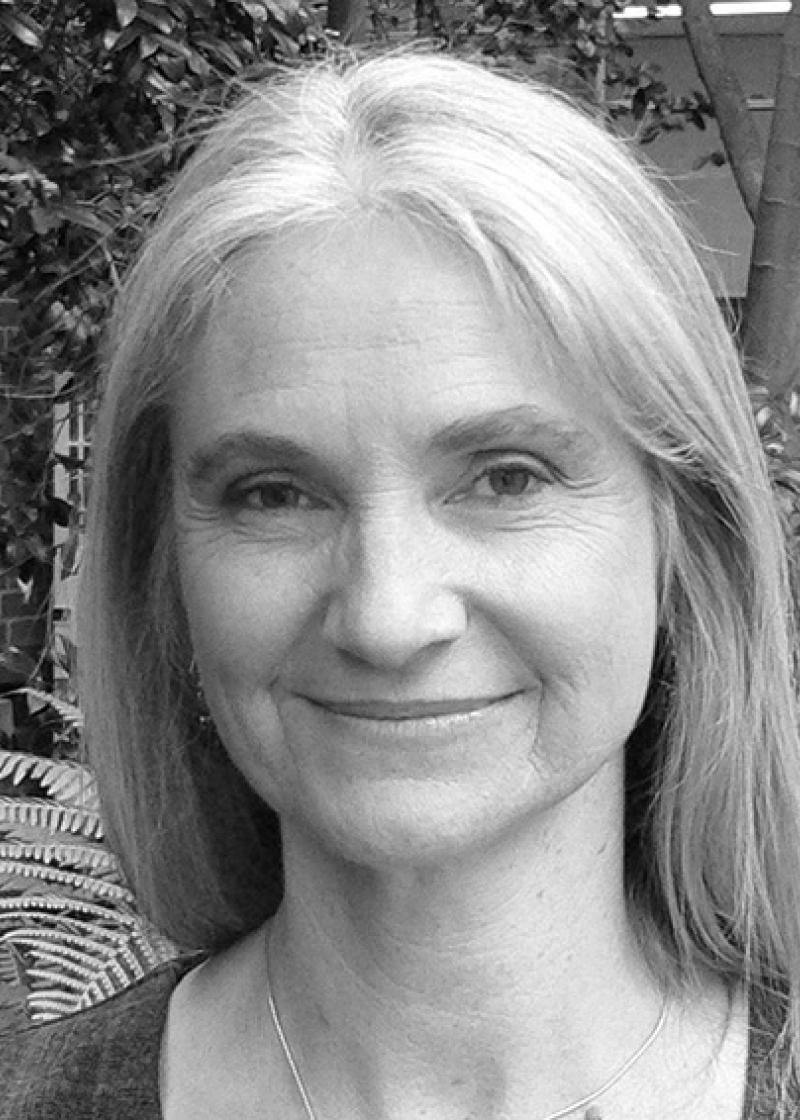Karen Mather
How do our genes affect the development of Alzheimer’s disease?

Award
2012 Half Funded Sachdev (NSW) Fellowship
Status
Completed
Start Date
4 January 2013
About the project
How do our genes influence the development of late-onset Alzheimer’s disease? To answer this question Dr Mather's research investigates the roles of genetic and epigenetic factors on early markers of dementia, such as memory decline. ‘Epigenetics’ refers to changes in gene function that do not involve alterations of the genetic code. Her research focuses on the epigenetic modification that adds chemical tags to our DNA, known as DNA methylation. The results of my project may help identify people at risk of dementia and help to unravel its causes. Since DNA methylation patterns are potentially reversible by diet and lifestyle changes, the findings from this project may suggest interventions and preventative treatments to slow or prevent dementia.
This project aims to identify genetic and epigenetic factors associated with endophenotypes of late-onset Alzheimer’s disease (LOAD) in older adults. This research will be undertaken in two well-characterised cohorts, the Sydney Memory and Ageing Study (MAS, aged 70-90 yrs, n = 1037) and the Older Australian Twins Study (OATS, aged 65-90 yrs, n =620). Both cohorts have collected extensive data including neuropsychological assessments, brain scans and lifestyle information. Genome-wide genotyping has also been performed and association studies will be undertaken to identify genetic variants associated with LOAD endophenotypes. Variation in the epigenetic modification, DNA methylation, will be examined in identical twins discordant for the LOAD endophenotype of memory performance, using a genome-wide scan.
This project will identify genomic regions that show differential methylation associated with age-related memory performance. Clarification of these relationships may provide insights into possible preventative and treatment strategies and allow the identification of those at risk. This project has important clinical implications as DNA methylation is potentially modifiable by environmental factors such as diet, and may suggest future interventions to delay or prevent LOAD.
Publications and presentations resulting from award
Dobson-Stone, C. Polly, P., Korgaonkar M., Williams, L., Gordon, E., Schofield, P., Mather, K.A., Armstrong, N.A., Wen, W., Sachdev, P.S., Kwok, J.B (accepted 2013). GSK3B and MAPT genes affect brain volume measures. PLOS ONE
Lipnicki, D.M., Sachdev, P.S., Crawford, J., Reppermund, S., Kochan,N.A., Trollor, J.N., Draper, B., Slavin, M.B., Kang, K., Lux, O., Mather, K.A., Brodaty, H. (2013). Risk factors for late-life cognitive decline and variation with age and sex in the Sydney Memory and Ageing Study. PLOS ONE, 8 (6), e65841
Schilling, S. DeStefano, A., Sachdev, P.S., Choi, S.H. Mather, K.A. et al. (accepted 2013) APOE genotype and MRI-markers of cerebrovascular disease: A systematic review & meta-analysis. Neurology
Sachdev, P.S., Levitan, C., Crawford, J., Sidhu, M., Slavin, M., Richmond, R., Kochan, N., Brodaty, H., Kang, K., Mather, K.A. and the Sydney Centenarian Team (2013) The Sydney Centenarian Study: methodology and profile of centenarians and near-centenarians. International Psychogeriatrics (accepted)
Kanchibhotla S.C., Mather K.A., Wen W., Schofield, P.S., Kwok J.B.J, Sachdev P.S. (2013) Genetics of ageing-related changes in brain white matter integrity - A review. Ageing Res Reviews, 12 (1), 391-401
Sachdev, P.S., Lipnicki, D.M., Crawford, J., Reppermund, S., Kochan,N.A. research fellow, Trollor, J.N., Wen, W., Draper, B., Slavin, M.B., Kang, K., Lux, O., Mather, K.A., Brodaty, H., and the Sydney Memory and Ageing Study Team (2013) Factors predicting reversion from mild cognitive impairment to normal cognition: a population-based study, PLOS ONE (accepted 16/2/13)
“Searching for genes related to early markers of dementia: The Studies of the Centre for Healthy Brain Ageing”; Psychiatry Academic Meetings, St. George Hospital Kogarah, Australia May 2/5/2013
Dr Mather's research was featured online in early 2013 by ehospice.com
Where are they now?
Dr Mather is a Research Fellow at the Centre for Healthy Brain Ageing (CHeBA), University of New South Wales (UNSW).
